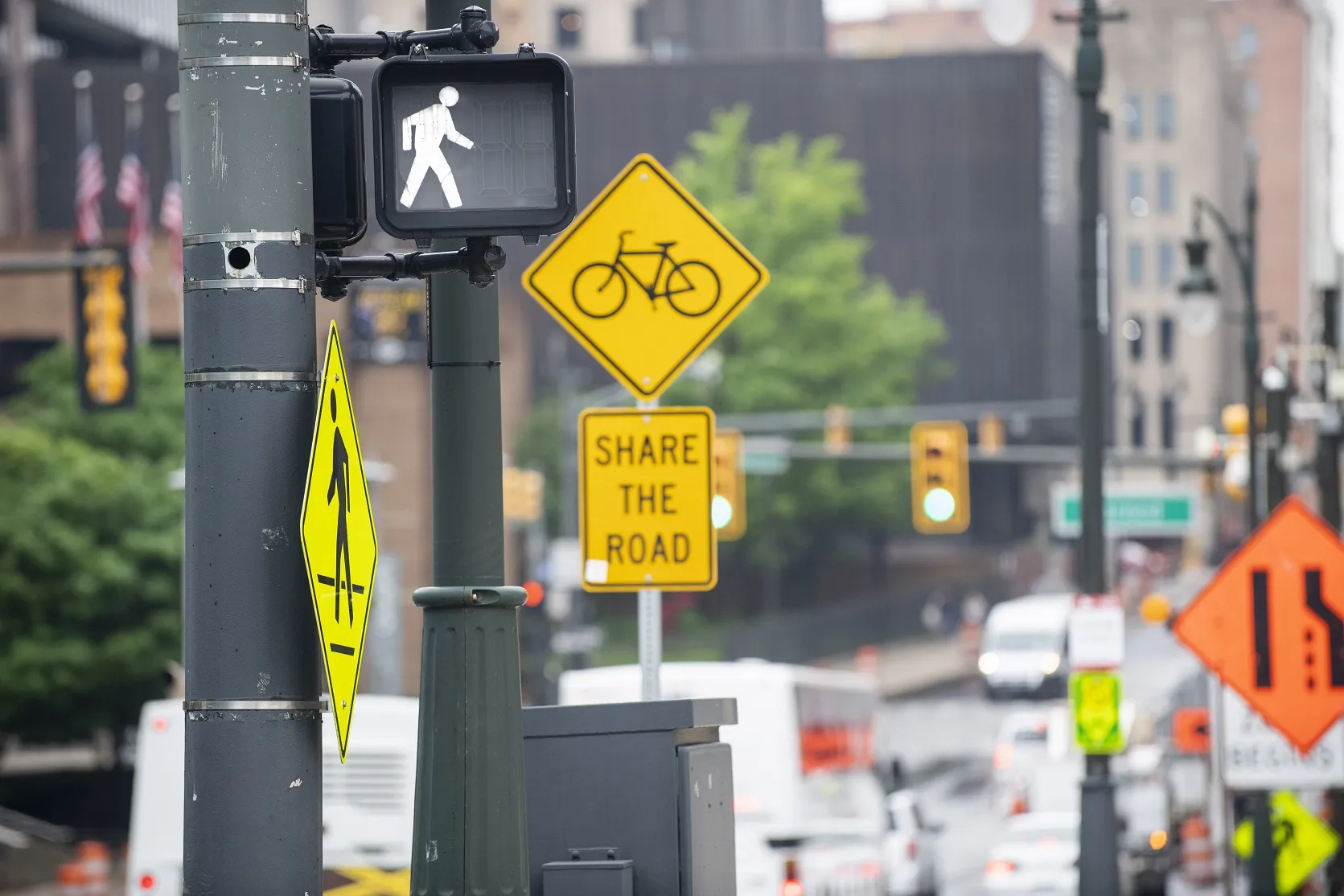
Australia's Monash University Accident Research Center has evaluated the benefits of a 30km/h speed limit trial in Yarra, near Melbourne.
The city has a 40 km/h default speed limit, but wanted to reduce it in local residential streets.
A 'before and after' trial design was employed with a control (untreated) area to evaluate the safety outcomes.
Speed limits were reduced in a trial area but remained at 40km/h in the control region.
Vehicle speeds were measured at around 100 selected sites in the trial and control areas, and resident surveys were undertaken in both regions before and after the trial.
In a paper available online, results show a reduction of 1.1% in average speed in the trial region but a surprising 2.7% in the control region.
On further examination, it found significant reductions in the percent of vehicles exceeding 40km/h and 50km/h in both the treated and control regions, but not at 30km/h.
The survey results found increased support for the lower speed limit of 17% with little adverse consequences.
The findings give support for the likely safety benefits of the 30km/h trial with increased support from residents.
According to the paper, speed reductions in the control region suggested a carry-over of the effects of the trial but also added support by local residents for reduced speed limits in the region.
Potential injury savings were estimated at a 4% reduction in the risk of a pedestrian injury from the observed treatment effect in the trial region.









